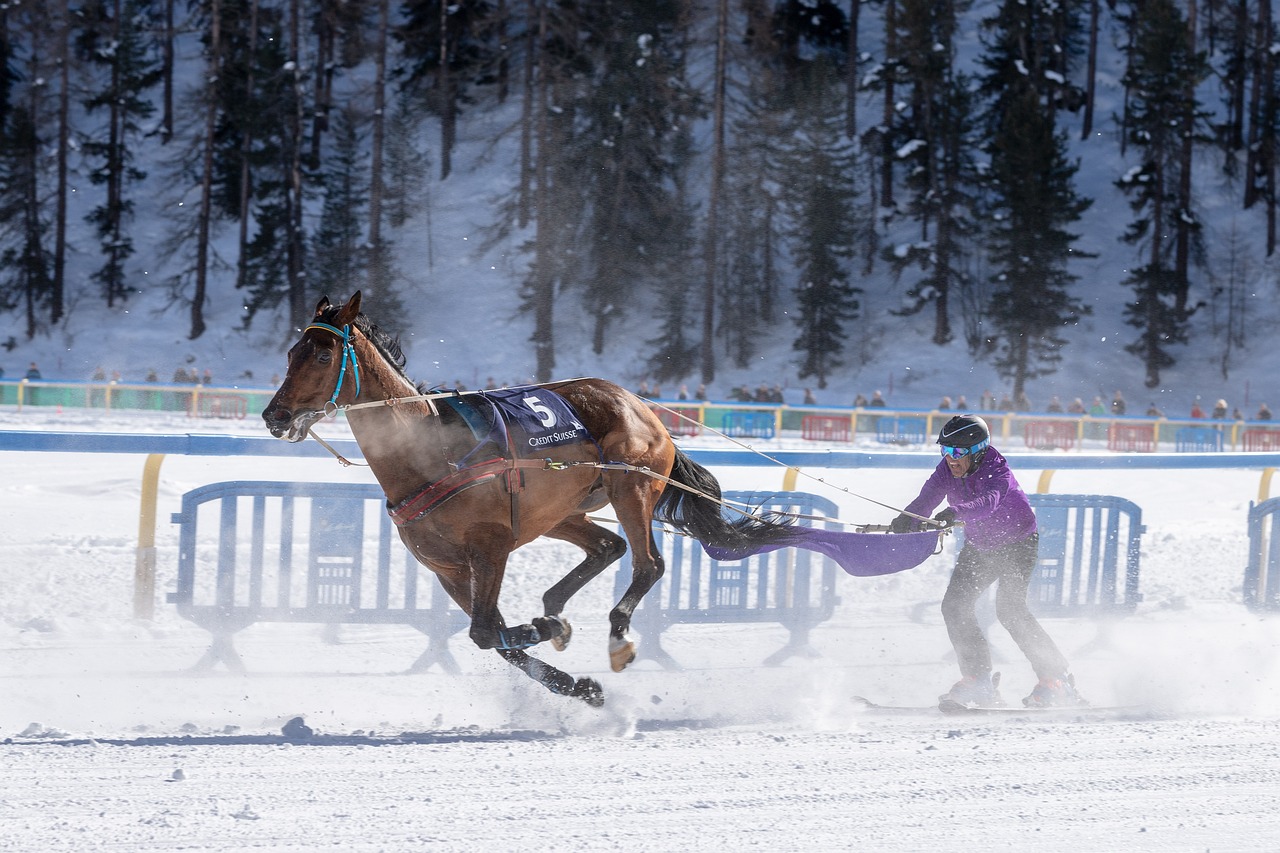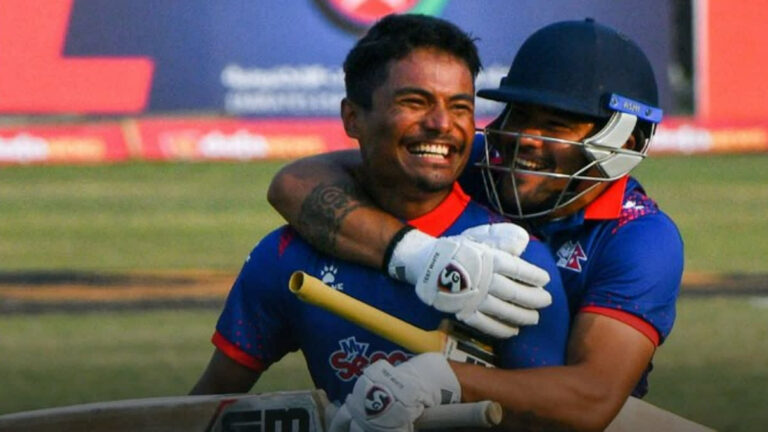Exploring Cricket’s Contribution to Global Diplomacy and Peace
99Exch, Gold: Cricket, a sport deeply entrenched in tradition and history, has long played a significant role in diplomacy between nations. Dating back to the British Empire, cricket was used as a tool to cultivate relationships and foster goodwill among different countries. The sport’s ability to bring people together on a common platform transcended political boundaries and laid the foundation for diplomatic exchanges that went beyond traditional means of communication.
In the historical context, cricket matches served as a platform for leaders and diplomats to engage in discussions and negotiations in a more relaxed and informal setting. The shared passion for the sport created a sense of camaraderie that often paved the way for deeper diplomatic ties and collaborations between nations. Through friendly matches and sporting events, cricket provided a unique opportunity for nations to showcase their values and traditions, ultimately contributing to the development of diplomatic relations that continue to shape international politics today.
Cricket as a Unifying Force Among Nations
Cricket, often referred to as the “gentleman’s game,” has a unique ability to bring countries together through friendly competition on the field. The sport transcends boundaries and cultural differences, creating a shared platform for communication and camaraderie among nations. Through the spirit of fair play and sportsmanship, cricket has the power to foster connections and build bridges between people from diverse backgrounds.
In the world of cricket, victories and defeats are part of the game, but what truly matters is the mutual respect and understanding that develop between players and fans alike. As teams from different countries compete against each other, they also showcase their cultural heritage and traditions, promoting a sense of appreciation and admiration for one another’s way of life. This exchange of cultural values not only enriches the sport but also promotes a sense of unity and solidarity among nations, highlighting the universal language of cricket that binds people together beyond borders.
How Cricket Promotes Cultural Exchange and Understanding
Cricket, often dubbed as a gentleman’s game, has transcended boundaries and brought people from diverse cultures together on the field. Through the camaraderie developed while playing the sport, individuals are able to foster mutual respect, appreciation, and understanding for one another’s backgrounds and traditions. This exchange of cultural values and experiences not only enriches the players’ lives but also cultivates a sense of unity and harmony among nations.
In addition to fostering cultural exchange on the field, cricket also serves as a platform for off-field interactions that promote intercultural dialogue and understanding. Whether it be through shared meals, friendly banter, or collaborative team strategies, cricket provides a unique opportunity for individuals to break down cultural barriers and form deep connections with one another. This shared experience of teamwork and sportsmanship transcends language and cultural differences, creating a lasting impact on how individuals from different backgrounds perceive and interact with one another.
The Role of Cricket in Bridging Political Divides
Cricket has long been a conduit for fostering connections and understanding across political divides. The inherent spirit of sportsmanship and camaraderie that is synonymous with cricket transcends national boundaries, creating a platform for dialogue and cooperation between nations with historically strained relations. Through shared moments of victory and defeat on the cricket field, deep-seated animosities can be set aside, paving the way for meaningful interactions and mutual respect.
The power of cricket lies in its ability to bring people together on a common playing field, where differences in ideology and politics are set aside in pursuit of a shared passion for the game. By engaging in friendly competition and collaborative sportsmanship, cricket has the potential to break down barriers and build bridges between nations that may otherwise be locked in political stalemates. The diplomatic potential of cricket in bridging political divides is exemplified by instances where matches have served as symbolic gestures of goodwill, fostering a sense of unity and cooperation that extends far beyond the boundaries of the cricket pitch.
Cricket’s Influence on International Relations
Cricket has long been recognized as a powerful tool in shaping international relations. Through the shared passion for the sport, nations have found a common ground to foster connections and build bridges, transcending political differences and promoting dialogue. The history of cricket in diplomacy dates back to the colonial era when the sport was used as a means to establish cultural ties and reinforce colonial authority.
In modern times, cricket continues to play a vital role in international relations by promoting mutual understanding and respect among nations. The sport has the ability to bring people together on a global scale, creating opportunities for dialogue and cooperation that go beyond traditional diplomatic channels. As cricket transcends borders and cultures, it serves as a unifying force that brings people together in the spirit of sportsmanship and camaraderie.
The Impact of Cricket on Conflict Resolution
Cricket, often characterized as a gentleman’s game, has displayed remarkable potential in mitigating conflicts between nations. The sport’s unique ability to transcend borders and bring people together on a common platform has been instrumental in easing tensions and promoting dialogue in areas of political discord.
Through friendly matches and international tournaments, cricket has provided a neutral ground where rival nations can interact in a non-hostile environment. This shared passion for the game has paved the way for open communication and trust-building, crucial elements in resolving conflicts and fostering peace.
Promoting Peace through Cricket Diplomacy
Cricket, often regarded as more than just a sport, has played a significant role in fostering peaceful relations and diplomatic ties between nations. The shared passion for the game transcends borders, bringing people together in a spirit of camaraderie and sportsmanship. Through friendly matches and international tournaments, cricket has the power to break down barriers and promote understanding among diverse cultures and societies.
In the realm of diplomacy, cricket serves as a valuable tool for building bridges and strengthening connections between countries with historical tensions or political differences. The mutual respect and cooperation that come with engaging in cricket matches create opportunities for dialogue and cooperation beyond the realm of sports. By leveraging the universal appeal of cricket, nations can find common ground and work towards resolving conflicts in a peaceful and constructive manner.
Cricket’s Contribution to Soft Power Diplomacy
Cricket’s long-standing tradition of fair play and sportsmanship has made it a powerful tool in soft power diplomacy. Through the common language of cricket, countries have been able to foster positive relationships and strengthen their diplomatic ties. The values of teamwork, respect, and unity embodied in the game have transcended cultural differences and geopolitical tensions, leading to increased cooperation and understanding among nations.
The soft power of cricket lies in its ability to create a sense of camaraderie and mutual respect on the field, which often translates into improved relations off the field. By engaging in friendly matches and tournaments, countries can build bridges and break down barriers that may exist between them. As cricket continues to be a popular sport across the world, its role in soft power diplomacy is likely to grow, offering new opportunities for promoting peace and unity through the spirit of sportsmanship.
The Future of Cricket in Global Diplomatic Efforts
Cricket’s potential as a tool for global diplomacy continues to grow, with an increasing number of nations recognizing the sport’s ability to foster relationships and cultivate goodwill. As the world becomes more interconnected, sports like cricket provide a common ground for nations to come together, transcend boundaries, and engage in friendly competition. The future of cricket in global diplomatic efforts looks promising, with the sport poised to play an even larger role in forging connections and promoting mutual understanding among nations.
In an era where traditional diplomatic approaches can be met with skepticism, cricket offers a unique opportunity for countries to engage in diplomacy through sport. By leveraging the popularity and inclusive nature of cricket, nations can overcome political divides and build bridges towards cooperation and collaboration. Looking ahead, the future of cricket in global diplomatic efforts holds the potential to bring people together, foster dialogue, and contribute to a more peaceful and interconnected world.
Case Studies of Cricket’s Success in Promoting Peace and Unity
In India and Pakistan, two nations with a long history of political tensions, cricket has served as a powerful tool in fostering goodwill and promoting peace. The cricket matches between the two countries have often been viewed not just as sporting events, but as opportunities for cultural exchange and diplomacy. Despite the underlying political complexities, the shared love for cricket has brought people together and transcended the boundaries of animosity.
In a similar vein, the relationship between Australia and England, known for their historic sporting rivalry, has been reshaped by the game of cricket. The Ashes series, played between the two countries, has become a symbol of friendly competition and camaraderie. Through the spirit of sportsmanship displayed on the cricket field, deep-rooted tensions have been momentarily set aside, emphasizing the potential of sports in bridging divides and fostering unity.







